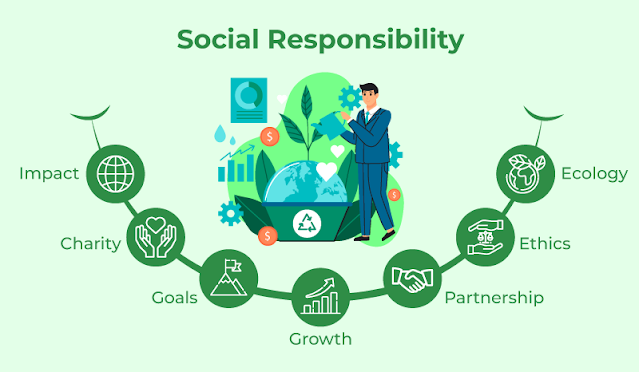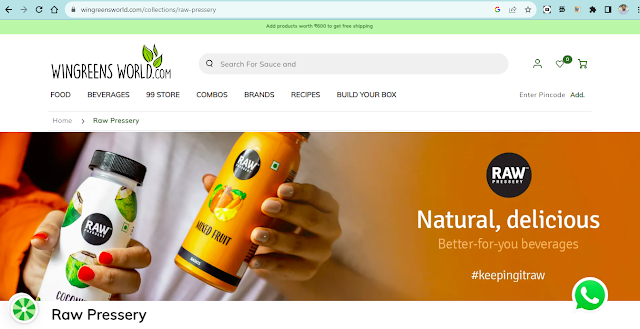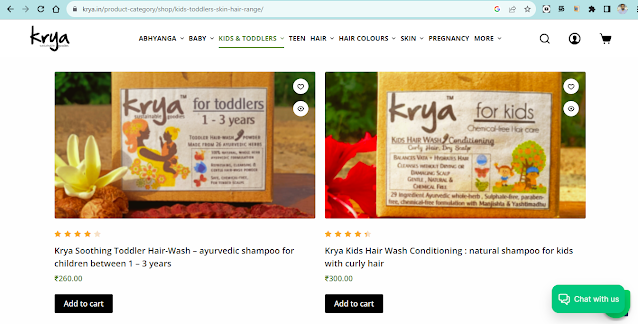Innovation & Startup IIC
 A sustainable business model refers to a way of conducting business that not only aims to generate profit but also seeks to have a positive impact on the environment, society, and sometimes even the economy. It's about finding a balance between financial success and contributing to a better world.
A sustainable business model refers to a way of conducting business that not only aims to generate profit but also seeks to have a positive impact on the environment, society, and sometimes even the economy. It's about finding a balance between financial success and contributing to a better world. - The ability to use natural resources so that people in the future can continue to rely on them
- A practice that sustains a given condition, such as economic growth or a human population, without destroying or depleting natural resources, or polluting the environment
- The balance between the environment, equity, and economy
Here are some key components and aspects of a sustainable business model:
1. Triple Bottom Line (TBL):
This is a foundational concept in sustainable business. It emphasizes three key aspects of business performance:
- Profit: This is the traditional bottom line that measures financial success and profitability.
- People: This refers to the social impact of the business, including employee well-being, community involvement, and fair labor practices.
- Planet: This focuses on environmental impact, such as energy and resource consumption, waste generation, and carbon footprint.
The goal of a sustainable business is to optimize performance in all three areas.
For further reading : https://online.hbs.edu/blog/post/what-is-the-triple-bottom-line
2. Environmental Stewardship:
3. Social Responsibility:
4. Long-term Thinking:
Sustainable businesses often have a long-term perspective, aiming for longevity and resilience rather than focusing solely on short-term gains. This can include investments in research and development, innovation, and building lasting relationships with stakeholders.
5. Innovation for Sustainability:
Sustainable businesses often focus on developing products, services, and technologies that contribute to a more sustainable future. This can involve creating solutions to address environmental or social challenges.
6. Transparency and Accountability:
Openly communicating about the business's practices, impacts, and goals is crucial in sustainable business models. This fosters trust among stakeholders, including customers, employees, investors, and the wider community.
7. Circular Economy Principles:
Sustainable businesses often adopt principles of a circular economy, where resources are used efficiently, waste is minimized, and products and materials are recycled and reused whenever possible.
8. Measuring Impact:
Metrics and key performance indicators (KPIs) related to sustainability are tracked and reported. This can include metrics like carbon emissions, energy consumption, employee satisfaction, and community engagement.
9. Compliance and Regulation:
Sustainable businesses are often proactive in complying with environmental and social regulations, and they may even go beyond legal requirements to set higher standards for themselves.
10. Value Proposition for Stakeholders:
Sustainable businesses often aim to create value not only for shareholders but also for a broader range of stakeholders, including employees, customers, suppliers, and the wider community.
By adopting a sustainable business model, companies can not only contribute to a more environmentally and socially responsible world but also gain a competitive edge in an increasingly conscious consumer market. Additionally, they may be better positioned to adapt to evolving regulatory landscapes and mitigate risks associated with environmental and social issues.
Several Indian brands have been making efforts to incorporate sustainable business practices into their operations. Here are some common Indian brands known for their sustainable business models:
1. Raw Pressery: https://wingreensworld.com/collections/raw-pressery
- Cold-Pressed Juices: Raw Pressery focuses on providing fresh and cold-pressed juices with no added preservatives or artificial flavors. They promote healthy and sustainable beverage options.
2. Forest Essentials: https://www.forestessentialsindia.com/wellness.html
- Natural and Ayurvedic Products: Forest Essentials specializes in skincare and wellness products derived from traditional Ayurvedic recipes. They emphasize the use of natural ingredients and sustainable sourcing practices.
3. Waste Ventures India: https://wasteventures.com/about-us/
- Waste Management Solutions: Waste Ventures India is a social enterprise that focuses on sustainable waste management solutions. They work to create a circular economy by recycling and upcycling waste materials.
4. EcoRight: https://ecoright.com/collections/cosmetic-pouches
- Eco-Friendly Bags and Accessories: EcoRight produces eco-friendly bags made from sustainable materials like organic cotton and recycled polyester. They emphasize reducing plastic waste and promoting reusable products.
5. Organic India: https://organicindia.com/
- Organic and Ayurvedic Products: Organic India produces a range of organic and Ayurvedic products, including herbal supplements and teas. They promote organic farming practices and fair trade partnerships with farmers.
6. GoCoop: https://gocoop.com/
- Empowering Artisans: GoCoop is an online marketplace that connects consumers with handcrafted products directly from artisans and weavers. It empowers traditional craftsmen and promotes sustainable livelihoods.
7. Chakr Innovation: https://chakr.in/
- Air Pollution Solutions: Chakr Innovation has developed a device that captures and converts particulate matter emissions from diesel generators into usable ink. This technology helps reduce air pollution and turn it into a valuable resource.
8. Krya: https://www.krya.in/
- Natural and Eco-Friendly Cleaning Products: Krya specializes in natural and eco-friendly cleaning and personal care products. They use plant-based ingredients and avoid harmful chemicals.
9. GreenSole: https://www.greensole.com/
- Upcycled Footwear: GreenSole collects discarded shoes, refurbishes them, and turns them into comfortable and eco-friendly footwear. This initiative not only reduces waste but also provides shoes to underprivileged communities.
10. Karma Recycling: https://lbb.in/all/post/best-of-lbb
- Electronic Waste Management: Karma Recycling provides a platform for recycling and refurbishing used electronics. They help reduce electronic waste and promote the sustainable use of technology.
Please note that the sustainability efforts and practices of companies may evolve over time, so it's recommended to verify the latest information from these brands' official sources or sustainability reports.
Here are some common and well-known Indian brands across various industries:
1. FMCG (Fast-Moving Consumer Goods):
- Hindustan Unilever (HUL)
- Dabur
- ITC
- Nestlé India
- Britannia Industries
2. Automobiles:
- Tata Motors
- Mahindra & Mahindra
- Bajaj Auto
- Hero MotoCorp
3. Telecommunications:
- Bharti Airtel
- Reliance Jio
- Vodafone Idea
4. Information Technology:
- Tata Consultancy Services (TCS)
- Infosys
- Wipro
- HCL Technologies
5. Banking and Finance:
- State Bank of India (SBI)
- HDFC Bank
- ICICI Bank
- Axis Bank
6. Retail:
- Reliance Retail
- Future Group (includes brands like Big Bazaar, Central, etc.)
- Shoppers Stop
7. E-commerce:
- Flipkart
- Amazon India
- Snapdeal
- Paytm Mall
8. Healthcare and Pharmaceuticals:
- Sun Pharmaceuticals
- Dr. Reddy's Laboratories
- Cipla
- Lupin
9. Consumer Electronics and Appliances:
- Samsung India
- LG Electronics India
- Godrej Appliances
10. Automotive Components:
- Motherson Sumi Systems
- Bharat Forge
- Apollo Tyres
11. Real Estate and Construction:
- DLF Limited
- Godrej Properties
- Prestige Group
12. Hospitality and Tourism:
- Taj Hotels
- Oberoi Group
- ITC Hotels
13. Fashion and Apparel:
- Aditya Birla Fashion and Retail
- Raymond
- FabIndia
14. Food and Beverages:
- Amul
- Parle Agro
- Haldiram's
15. Pharmaceutical Retail:
- Apollo Pharmacy
- MedPlus
These are just a few examples, and India has a vibrant business landscape with a wide range of successful and influential brands across various sectors. Keep in mind that the popularity and presence of brands may vary depending on regions and specific market segments.


























No comments:
Post a Comment